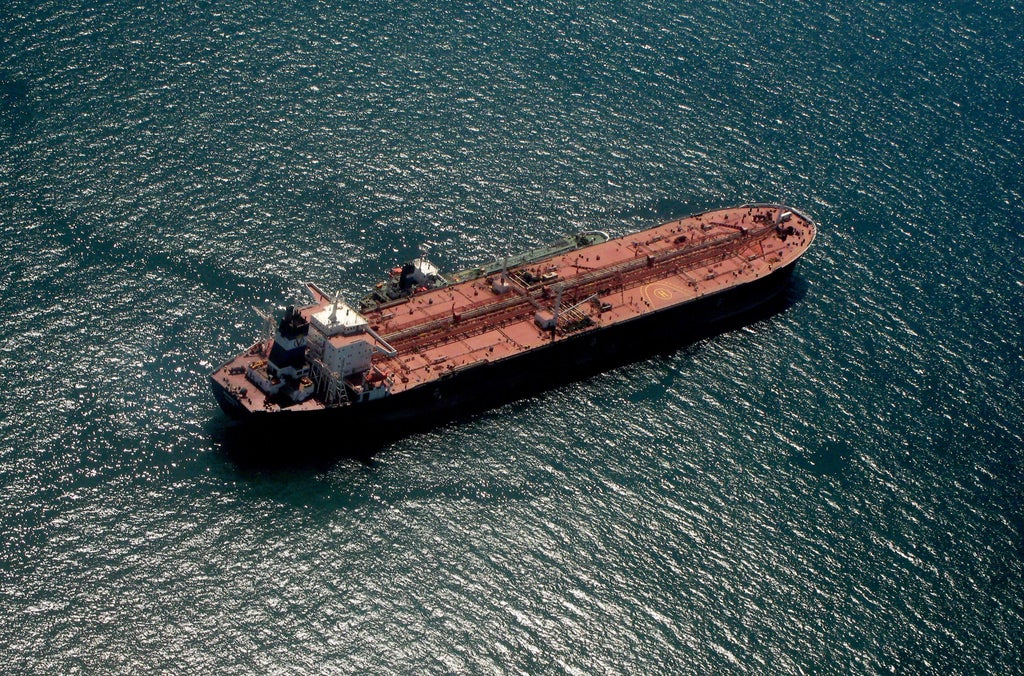
UK ports should refuse access to Russian boats, Transport Secretary Grant Shapps has said.
With a Russian-owned ship due to dock in Orkney on Tuesday, the UK Government had been urged to ban the country’s vessels in response to Vladimir Putin’s invasion of Ukraine.
Mr Shapps has now written to all UK ports telling them not to provide access to any ship believed to be registered in Russia, flying the Russian flag or owned, controlled, chartered or operated by “any person connected with Russia”.
He added that the UK Government will try to pass legislation prohibiting their arrival.
In his letter, Mr Shapps wrote: “Russia’s assault on Ukraine is an unprovoked, premeditated attack against a sovereign democratic state.
“The UK Government has been clear there would be massive consequences and a severe cost for any Russian military incursion into Ukraine and, in coordination with our international allies and partners, we are developing an unprecedented package of further sanctions.
“The maritime sector is fundamental to international trade and we must play our part in restricting Russia’s economic interests and holding the Russian government to account.
“In these circumstances, the Department for Transport does not consider it appropriate for Russian vessels to enter UK ports.”
He added that the UK Government will “seek to support UK ports in identifying Russian ships” and alert them if prohibited vessels are inbound.
Scotland’s First Minister Nicola Sturgeon previously said she does not want a Russian-owned oil tanker to dock in Orkney as planned, and was working with the UK Government to “find a way of stopping that happening”.
The NS Champion tanker was due to arrive at the Flotta oil terminal in Orkney on Tuesday amid the sanctions and conflict following Russia’s invasion of Ukraine.
It belongs to shipping company Sovcomflot, a firm that is majority owned by the Russian state, and Orkney Islands Council has said it is powerless to prevent it docking.
It was not immediately clear what the announcement would mean for the tanker’s plans.
Downing Street said it expected ports to comply with Mr Shapps’ request and that sanctions targeting Moscow’s shipping sector were in the works.
“We would expect UK ports to co-operate with that, and there is certainly no sign that they wouldn’t do so,” said the Prime Minister’s official spokesman.
“Detailed sanctions against Russian shipping are being developed and so they will be setting out further details shortly.”
Ms Sturgeon told the media during a visit to Aberdeen earlier on Monday: “Let me be blunt, I don’t want that tanker to dock in Orkney tomorrow.”
She continued: “This is an issue that is reserved to the UK Government, this tanker is majority owned by a Russian government-controlled company.
“It would go against, if not the letter, then certainly the spirit of the sanctions and I think it would send the wrong message to people in Ukraine and across the world right now.
“It is a matter for the UK Government. I personally had discussions last night with Grant Shapps, the UK Secretary of State for Transport.
“To be fair to him, he agreed with me about how unacceptable it would be for that tanker to dock as planned, and we’re continuing discussions with him and his officials over the course of today.
“Hopefully we can find a way of stopping that happening.”
Following Mr Shapps’ announcement, Ms Sturgeon tweeted: “This is good. I had a constructive conversation with Grant Shapps y’day evening in light of the planned docking of a Russian vessel in Orkney, and I welcome this step while legislation for longer term takes effect.”







